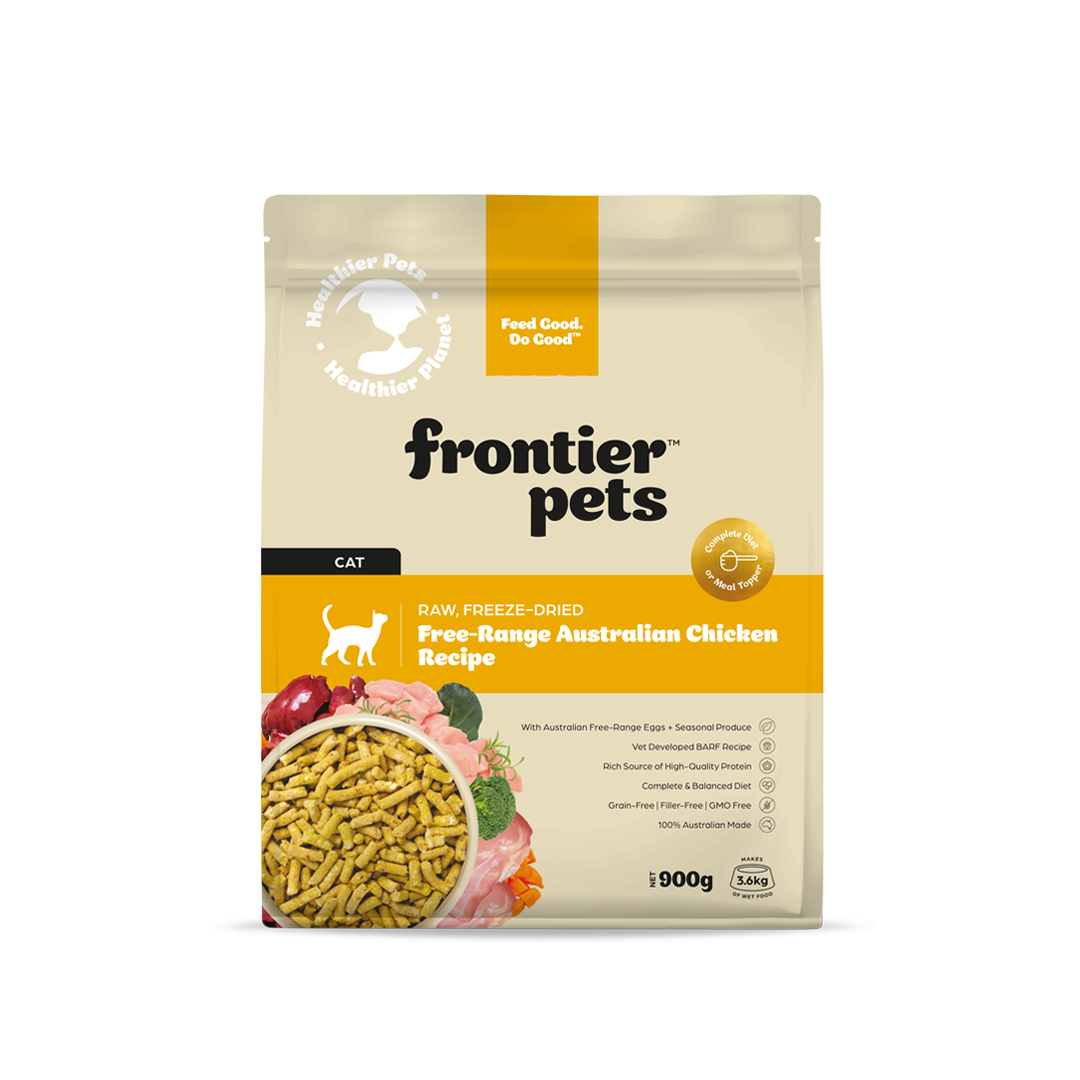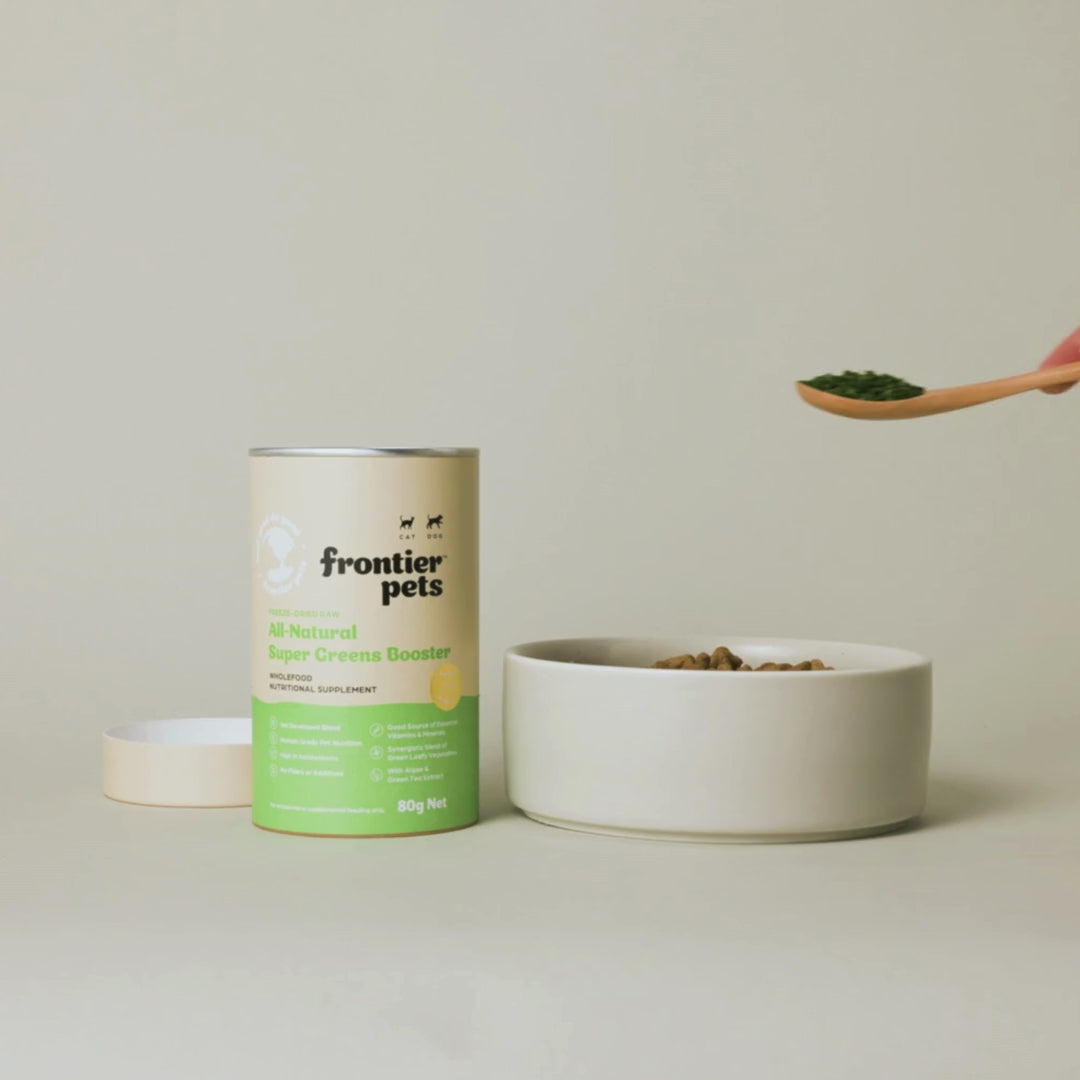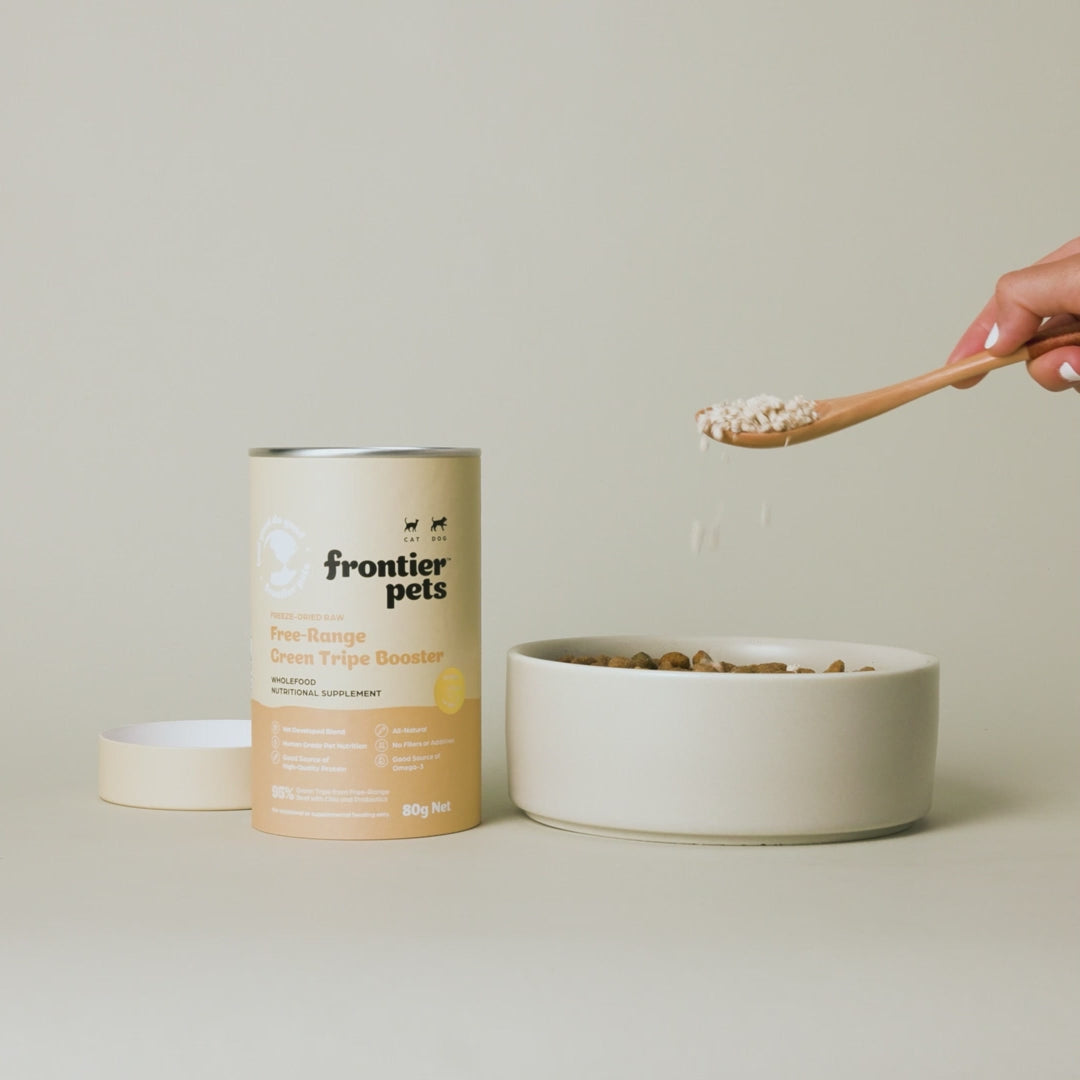Are Chicken Necks Safe for Cats?

Summary
Raw chicken necks might seem like an unusual treat for cats, but they’re actually a biologically appropriate and nutritious addition to their diet. As natural hunters, cats are built to eat soft, raw bones—just like they would in the wild.
Why feed chicken necks?
- Dental health – Helps clean teeth and massage gums.
- Enrichment – Encourages natural chewing instincts.
- Nutrient-packed – Rich in calcium and glucosamine for strong bones and joints.
Are Chicken Necks Safe for Cats?
If you’ve ever seen someone feed a cat a raw chicken neck, it might have made you pause. Crunching bones? For cats?! It sounds a little scary, doesn’t it? But before you dismiss it as a bad idea, let’s take a closer look at why chicken necks might actually be a safe and nutritious treat for your feline friend.
Why Are Chicken Necks Biologically Appropriate for Cats?
Believe it or not, chicken necks are much closer to what cats would naturally eat in the wild. Think about it—cats are hunters. In their natural environment, they’d catch and eat small birds or rodents, and that includes everything from the meat to the soft bones. Chicken necks, especially raw, are a modern equivalent to the small prey your cat's ancestors thrived on.
The Wild Side: Why Cats Are Made for This Obligate, or "true," carnivores are animals whose natural diet relies on nutrients found exclusively in animal flesh. In the wild, they don’t just nibble on kibble—they hunt down prey, tear through bones, and feast on organs. That hunting instinct still lives inside your indoor kitty, no matter how pampered they are today.
The Big Question: Are Chicken Necks Safe?
Yes, raw chicken necks are safe for cats! The key word here is raw. When raw, chicken necks are made mostly of cartilage, which is soft and flexible, making it easy for your cat to chew. Cats’ sharp teeth are perfect for chomping through these soft bones. However, cooked chicken necks are dangerous because cooking makes bones brittle and prone to splintering, which could be harmful to your cat.
It is important to always introduce new foods gradually to give your cat time to adjust, both in interacting with the food and digesting it properly. If necessary, break the food into smaller pieces for easier consumption.
Why Feed Chicken Necks? The Surprising Benefits
- Natural Dental Chew: Chicken necks can help clean your cat’s teeth and massage their gums, promoting excellent oral health.
- Enrichment: Chewing gives your cat a chance to engage with their natural instincts, keeping them mentally stimulated and satisfied.
- Mental Health Boost: Gnawing on bones mimics hunting, helping your cat feel relaxed and content, just like in the wild.
- Packed with Nutrients: Chicken necks are rich in calcium and glucosamine, both of which are essential for your cat’s bone and joint health.
How to Safely Feed Chicken Necks to Your Cat
If you’re nervous about giving your cat a whole chicken neck, don’t worry. You can start with smaller pieces! Break a chicken neck into halves or quarters, especially if your cat is a kitten or new to this kind of treat. Always supervise your cat to ensure they’re eating safely.
Could Chicken Necks Cause Constipation?
Like any new cat food, too much of a good thing can cause issues. Feeding your cat too many chicken necks could lead to constipation or harder poops. The trick is moderation—feed chicken necks occasionally, not daily.
Introducing chicken necks too much too quickly can lead to constipation. Do a slow controlled introduction, starting with feeding a quarter neck twice weekly and build up slowly over at least one month until they are getting a neck every day. Our freeze dried necks are great for cats and have a wonderful crunch which is appealing.
What If My Cat Doesn’t Like Chicken Necks?
If your cat turns their nose up at a chicken neck, don’t give up! Cats can be picky, especially with new foods. Try offering it again when they’re hungrier, or serve it warm. Cats often need some time to adjust to new treats, so be patient. Another option? Try chicken wing tips instead!
Why Frontier Pets Chicken Necks Are a Game-Changer
Frontier Pets offers freeze-dried raw chicken necks that are super easy to handle and serve. They’re raw, meaning they retain all their nutrients, but they don’t leave any greasy residue. Plus, they break apart easily, so they’re the perfect convenient, mess-free snack for your cat!
This is general health advice. For any specific health concerns about your pet, please consult your veterinarian. Individual animal needs may vary. This is general advice only.
Not all cats take to chicken necks immediately, but with patience (or an alternative like chicken wing tips), your feline friend may learn to love them. For a mess-free, convenient option, Frontier Pets’ freeze-dried chicken necks retain all the nutrients without the fuss
Frequently Ask Questions
Can all cats eat chicken necks, or are there some exceptions?
Most healthy adult cats can safely enjoy raw chicken necks, but there are some exceptions. Cats with certain dental issues, such as missing or damaged teeth, may struggle to chew them properly. Also, older cats with weak teeth or digestive sensitivities might find chicken necks harder to chew or digest. Always consult with your veterinarian before introducing raw chicken necks to ensure they’re suitable for your individual cat.
How often should I feed my cat chicken necks?
Chicken necks should be offered as an occasional treat rather than a daily meal. Once or twice a week is a good frequency for most cats. This ensures they’re getting the benefits of chewing and the extra nutrients without overloading their diet with bones, which could cause constipation or digestive upset if consumed too frequently.
Can kittens eat chicken necks?
Yes, kittens can eat chicken necks, but you’ll need to prepare them appropriately. For kittens, it’s best to start with very small portions, like a quarter of a neck, and make sure the pieces are soft and easy for them to chew. Always supervise kittens while they eat to ensure they don’t choke or have difficulty chewing.
Frequently Asked Questions (FAQs)
More Blog posts

Best Low Maintenance Dog Breeds in Australia
Choosing your new fluffy companion is never easy. There is a wide range of considerations that go into finding the perfect pup for you! From your lifestyle to your living arrangements, it’s importa...
Read more
Steps With Pets Charity Challenge, August-September 2025
Steps with Pets – Tottenham Hotspur’s global charity dog-walking challenge, supported by Frontier Pets Calling all dog-loving Spurs fans around the world! This is your chance to combine your pass...
Read more









